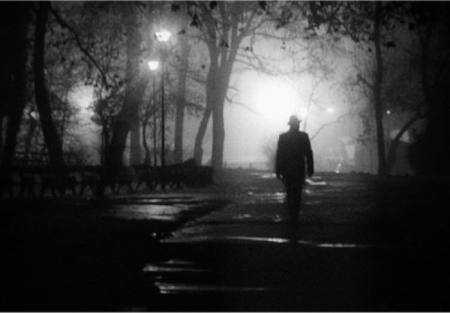
I’ve been thinking a lot about tears lately—in part because Pastor Bryan pointed out to me how many hits my post titled God Keeps Your Tears in a Bottle has had, in part because I’ve cried more than a few tears this year, and in part because I’ve been listening to Johnny Cash’s Cry, Cry, Cry in my car all week—and I thought I’d share my thoughts with you all here.
First of all, people cry for a lot of reasons.
Earlier this year my sister died of breast cancer at only 61 years old. I cried, a lot. It’s normal and even helpful to shed tears over the death of a loved one even if we know where they are going when they die, because it allows us to express the grief we feel over not having them in our lives any more here on earth.
I remember a time I had a previous boss say some very cruel things to me in front of other people. She accused me of having done things I had not based on motives I did not have. I was very angry, hurt, and frustrated. And I cried, a lot. I didn’t cry in front of her, mind you, but afterwards I did. And it was good to express that anger to others.
I’ve cried tears of loss, anger, indignation with frustration, compassion, and even of joy. I sometimes cry tears of regret when I hear a song about the sacrifice of Jesus, knowing it is my sin that made him suffer.

Just yesterday I experienced unexpected tears.
I was reciting the prayers of the people in church, which I’ve done many times. Our church has many prayer concerns for members, family, and friends with health concerns and more. Towards the end of the prayer I began to lift up prayers for a church member’s brother-in-law who is a pastor back in New York because he is faced with conducting the funerals of two teens who had been killed in an accident last week.
I recently wrote this poem.
Tears
Tears of sorrow, anger
drench my soul
course without end
eroding pain, anguish
Where once only aching
occupied my heart
now is a deep empty ravine
carved by a river of tears
Tears of forgiveness
water my soul’s riverbed
allowing flowers of love
to flourish and grow
Peace arises in my heart
held aloft by God’s promises
the fragrance of sweet alyssum
blossoms of my soul
I think the saddest tears of all, though, are the tears of major clinical depression. These tears are so sad because the one who cries them doesn’t know what purpose they serve.
I remember when I was suffering from depression sitting in a chair and just crying. When someone asked me why I was crying all I could say was, “I don’t know.” And I truly didn’t. The tears didn’t wash away pain; they only seemed to make it all the worse.
In the midst of such tears, there is One who knows their purpose.
Romans 8:26 says: “In the same way, the Spirit helps us in our weakness. We do not know what we ought to pray for, but the Spirit himself intercedes for us through wordless groans.” Through prayer God can sometimes lead us to an understanding of the purpose of the tears of depression, and ultimately to healing.
That makes your tears a good thing.
“Tears are often the telescope by which men see far into heaven.“












